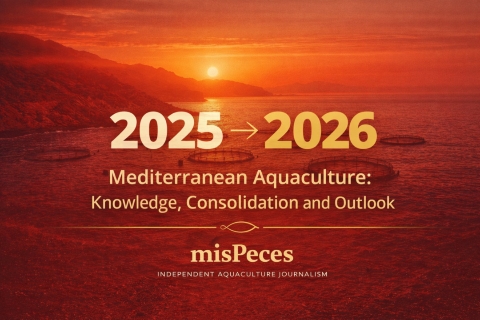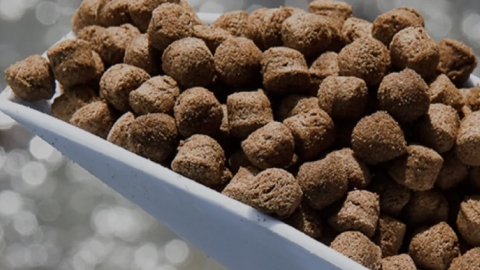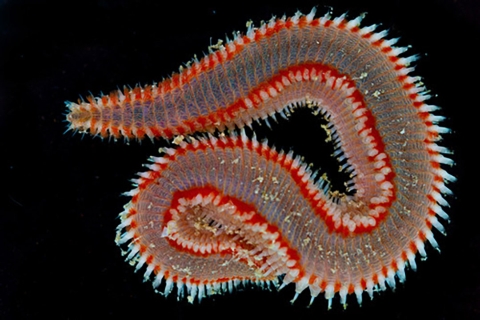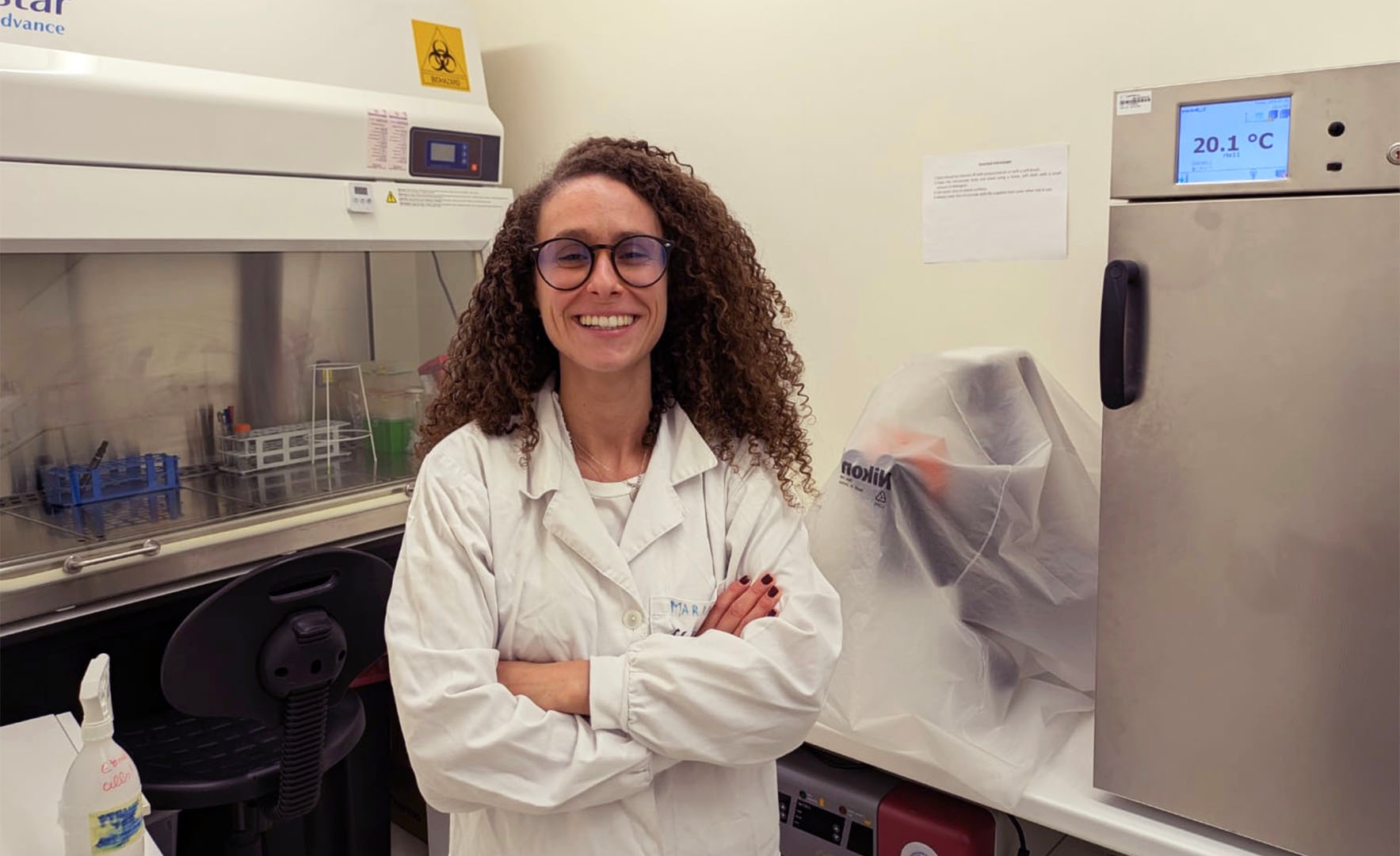 Mariana Vaz
Mariana Vaz
Portuguese researcher Mariana Vaz, a PhD candidate at CIIMAR-the Interdisciplinary Centre of Marine and Environmental Research in Portugal and University of Bergen in Norway, is leading a groundbreaking study into the role of methionine, an essential amino acid, in boosting the immune response of rainbow trout against viral infections.
Her work is part of the European GRINNAQUA project coordinated in CIIMAR, which seeks sustainable solutions to improve fish health in aquaculture. The project brings together several leading institutions, including the Roslin Institute in Scotland, the University of Bergen in Norway, and INIA-CSIC in Spain. It involves a shared scientific work package, where all partners collaborate with the same PhD student-Mariana Vaz.
Her scientific supervisor, Marina Machado, explains to misPeces that the theme of the project was a natural continuation of her previous doctoral research, and that “it made perfect sense to pursue it further, as we had already observed that methionine plays a key role in strengthening the natural defences of salmonid fish. It may offer a way to reduce the use of chemicals and promote a more effective, profitable and environmentally responsive aquaculture.”
Making trout more resilient: strategic use of methionine
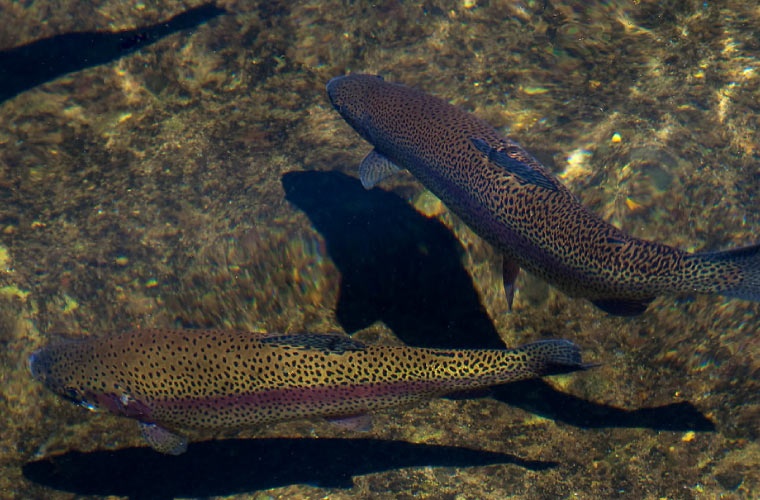
The study focuses on rainbow trout (Oncorhynchus mykiss), a species of great importance in European aquaculture, and one that is particularly affected by viral haemorrhagic septicemia virus (VHSV).
This disease, which causes internal bleeding, organ failure and high mortality rates, particularly in juvenile fish, has been responsible for major production losses across several countries. Outbreaks are difficult to control once they occur, and the virus can persist in the environment and carrier species. As a result, many producers are seeking alternatives to traditional control methods, such as improved biosecurity and vaccination-although no fully effective commercial vaccine for trout is currently available. In this context, nutritional strategies like methionine supplementation offer a promising complementary approach to enhance disease resistance naturally.
In the in vivo trials, juvenile trout were fed a diet enriched with twice the recommended dose of methionine over a four-week period- a duration determined by earlier research, according to previous studies of Marina Machado.
“We’ve tested different time periods in the past, and four weeks proved to be the optimal duration: not too long become inefficient or expensive, and not too short to miss the immunological impact,” explains. The idea is not to use methionine throughout the entire growth cycle, but to target specific moments when fish are most vulnerable.
Following this, controlled viral infection trials were carried out using VHSV viruses. The results confirmed the initial hypothesis: “Fish that received the methionine supplement showed a significant reduction in viral load and increased expression of antiviral genes-notably viperin, a gene associated with inhibiting viral replication,” says the researcher.
To better understand the function of viperin, Mariana Vaz conducted an in vitro trial at the Roslin Institute, using CRISPR-Cas9 gene-editing technology to knock out the viperin gene in trout cells, in order to analyse how they responded to viral infection without this key defence mechanism.
“Achieving the viperin knock out was already a technical success in itself,” she notes. “We are now analysing RNA-Seq data, which will help us understand just how vital viperin is to the trout’s immune response.”
“If the cells prove more susceptible to the virus, it will provide strong evidence that viperin is central to fighting infection-and reinforce the value of methionine as a tool to stimulate its expression,” explains Mariana Vaz.
Targeted functional nutrition
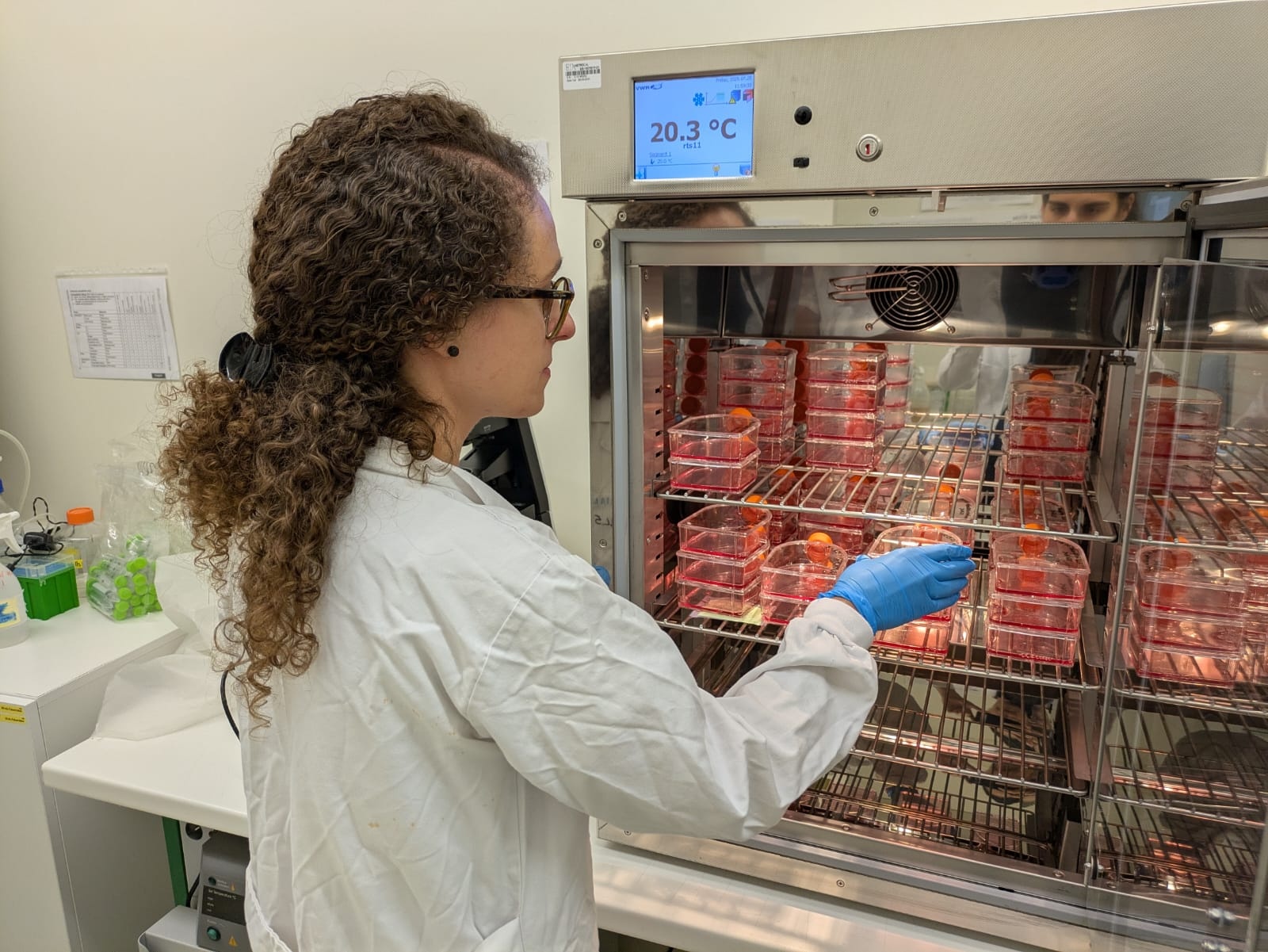
More than a continuous solution, methionine is presented as a timely and strategic immune booster, ideal for use during critical points in the production cycle-when the risk of disease outbreaks is high.
“Methionine should be used as a preventive measure, over a four-week period,” say the researcher, “especially when a viral outbreak is expected or when conditions are known to favour infection.”
This concept of applied functional nutrition is especially relevant given its cost-effectiveness: adding methionine to feed increase costs by just a few cents per kilo, yet it can dramatically reduce economic losses from disease, improve fish welfare and lower reliance on antibiotics or chemical treatments. Promoting natural immunity in farmed species is gaining renewed interest among producers and regulators alike. Methionine supplementation may represent a simple, scalable and science-based approach to align productivity with sustainability.
“The goal is not to supplement fish throughout the entire growth period, as that would be both expensive and unnecessary,” she adds.
A transformative scientific and personal experience
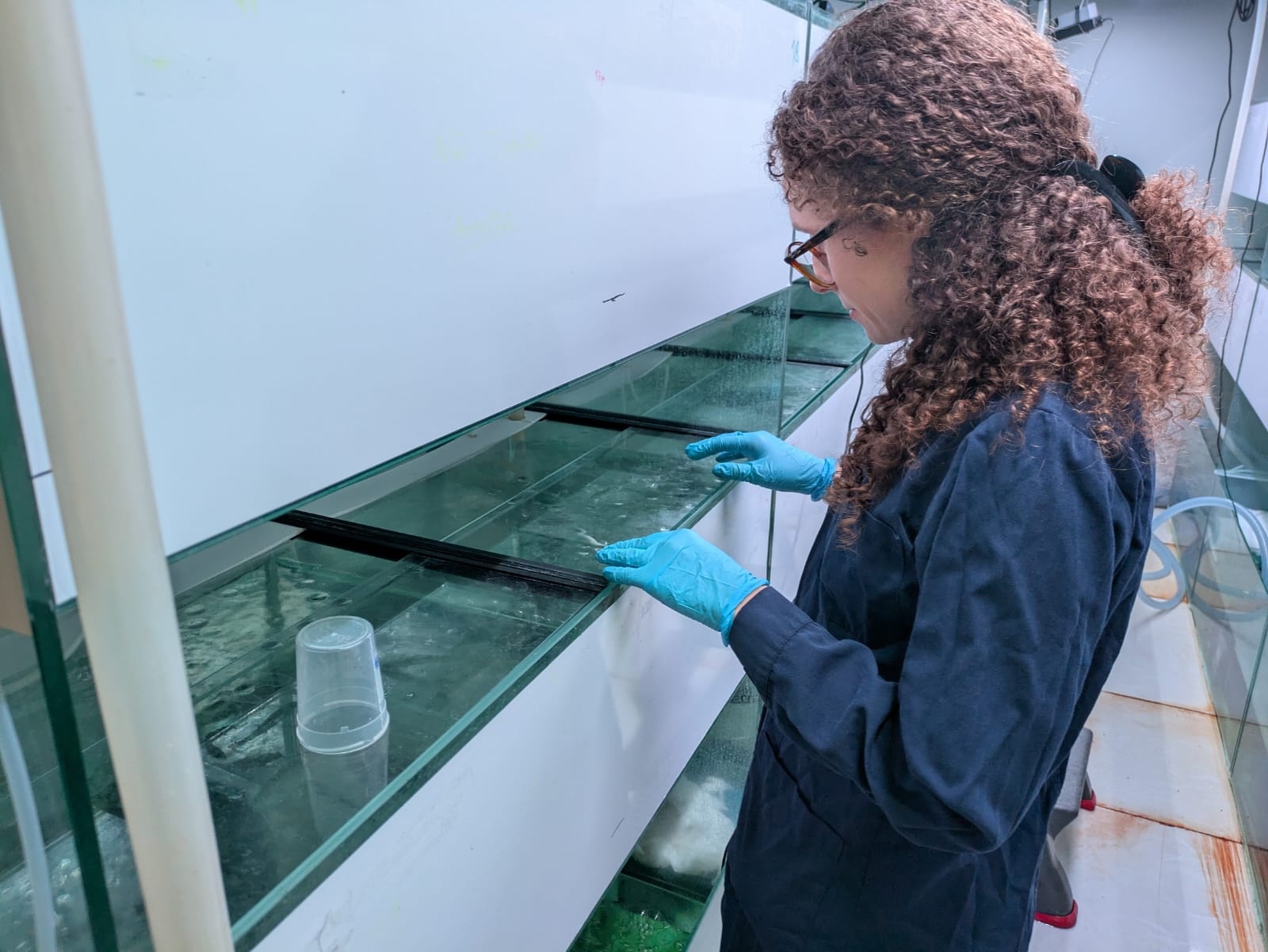
During her PhD, Mariana Vaz has had the opportunity to work in several European countries thanks to the GRINNAQUA project, gaining not only scientific but also valuable cultural experience.
In Norway, she notes, “I came into contact with salmon fish farming and sea lice parasite for the first time-which was entirely new to me.” And in Scotland, at the Roslin Institute, “I worked with cutting-edge-editing techniques.”
“It was a unique opportunity to learn from experts in genomics, experiment in state-of-the-art labs, and handle bioinformatics tools I had never used before. I even had the chance to work with equipment that isn’t yet available in Portugal,” she adds.
Mariana also highlights the benefits to being part of a truly collaborative network of scientists: “Working with people from different backgrounds-from parasite biology to immunogenetics-gave me a much broader view of how interdisciplinary research can solve real-world problems in aquaculture.”
Now Mariana hopes to continue in this field, “as I feel this experience has equipped me technically and scientifically for the challenges to come.”
As noted to misPeces, she is particularly interested in expanding this line of research to Mediterranean fish species, adapting supplementation strategies and exploring whether responses can be triggered.
It is worth noting that this research has been carried out within the framework of the project GRINNAQUA, co-funded by the European Union’s Horizon Europe research and innovation programme under grant agreement No. 101079467, and by UK Research and Innovation (UKRI).


